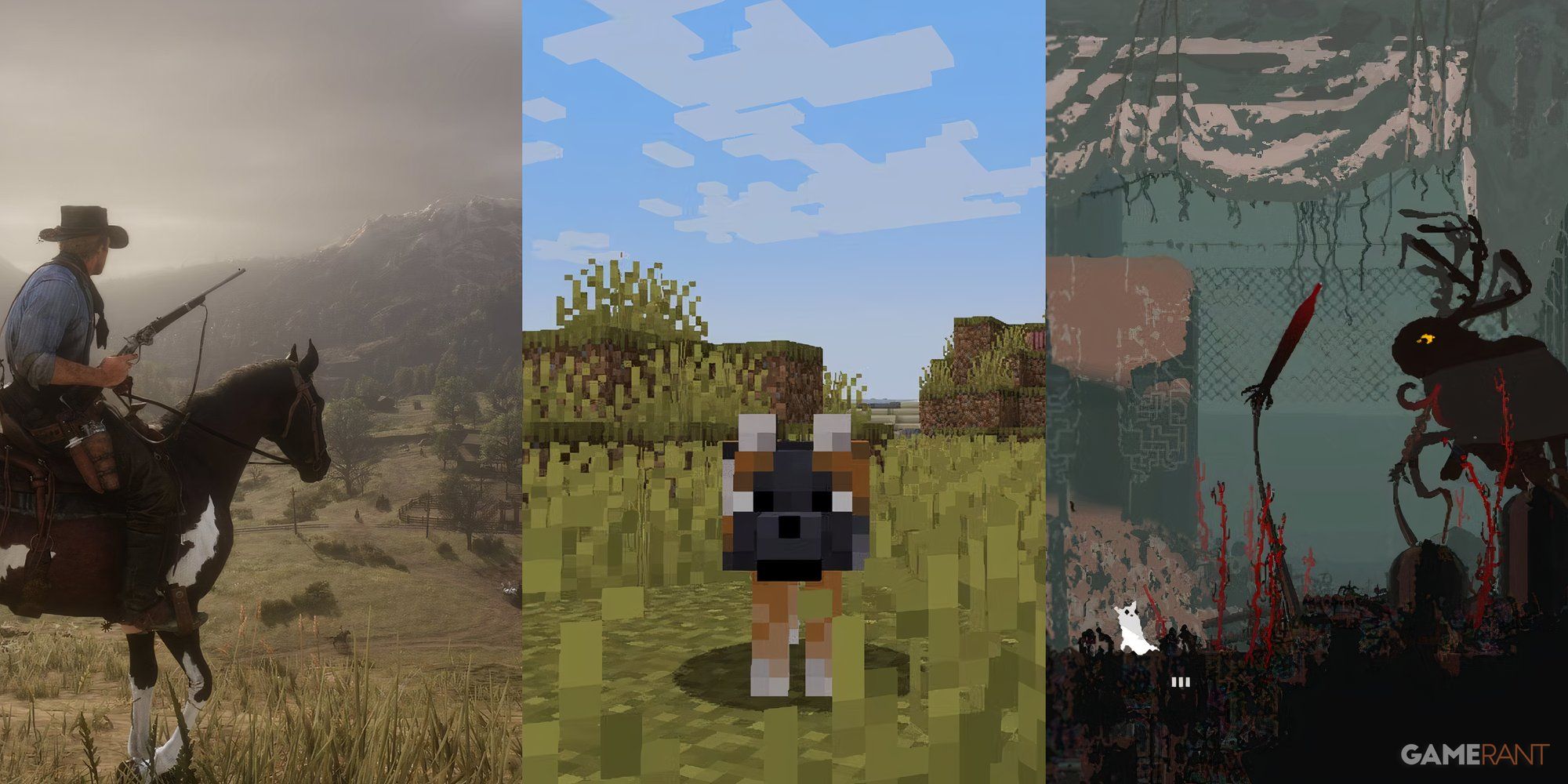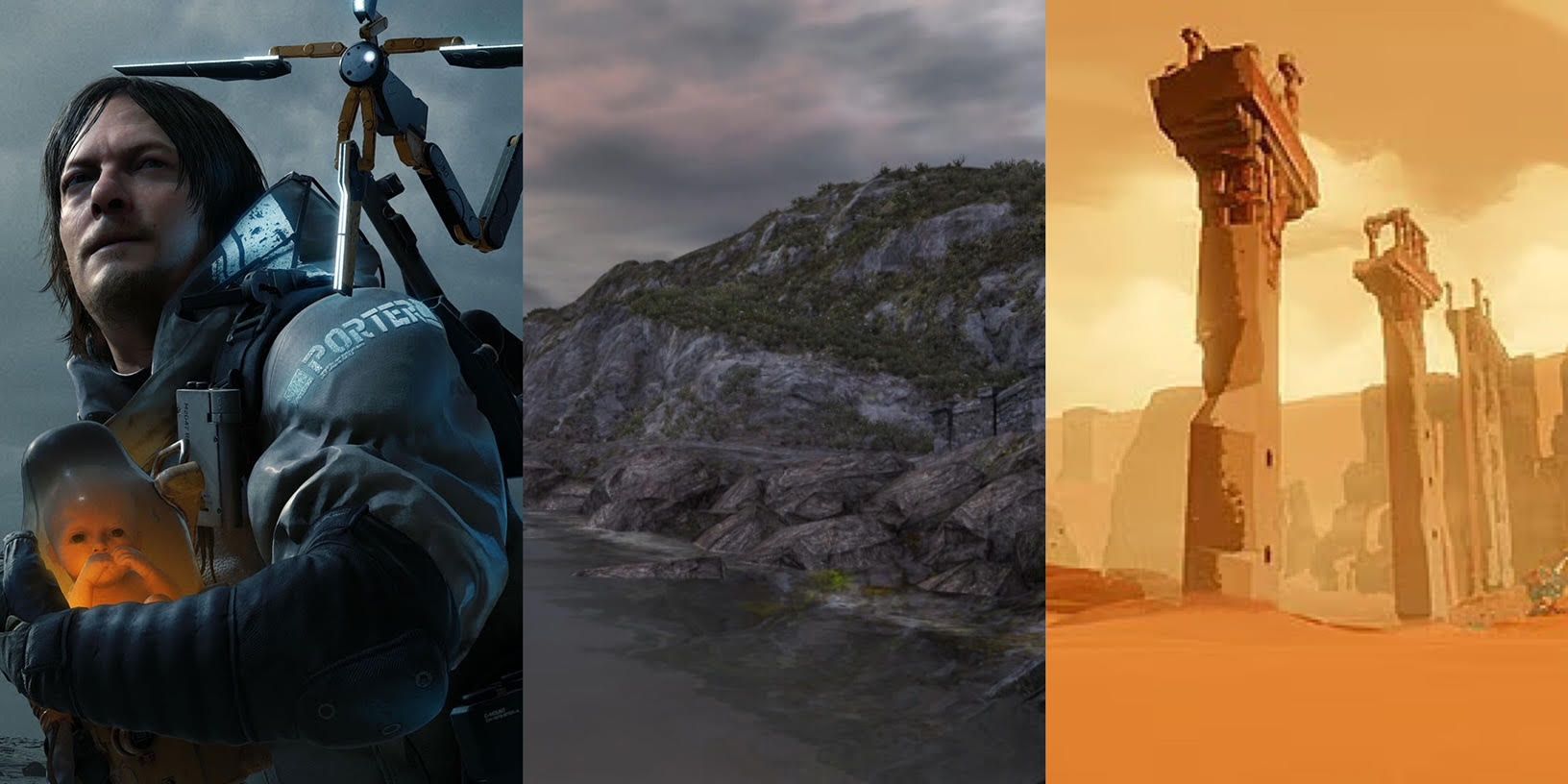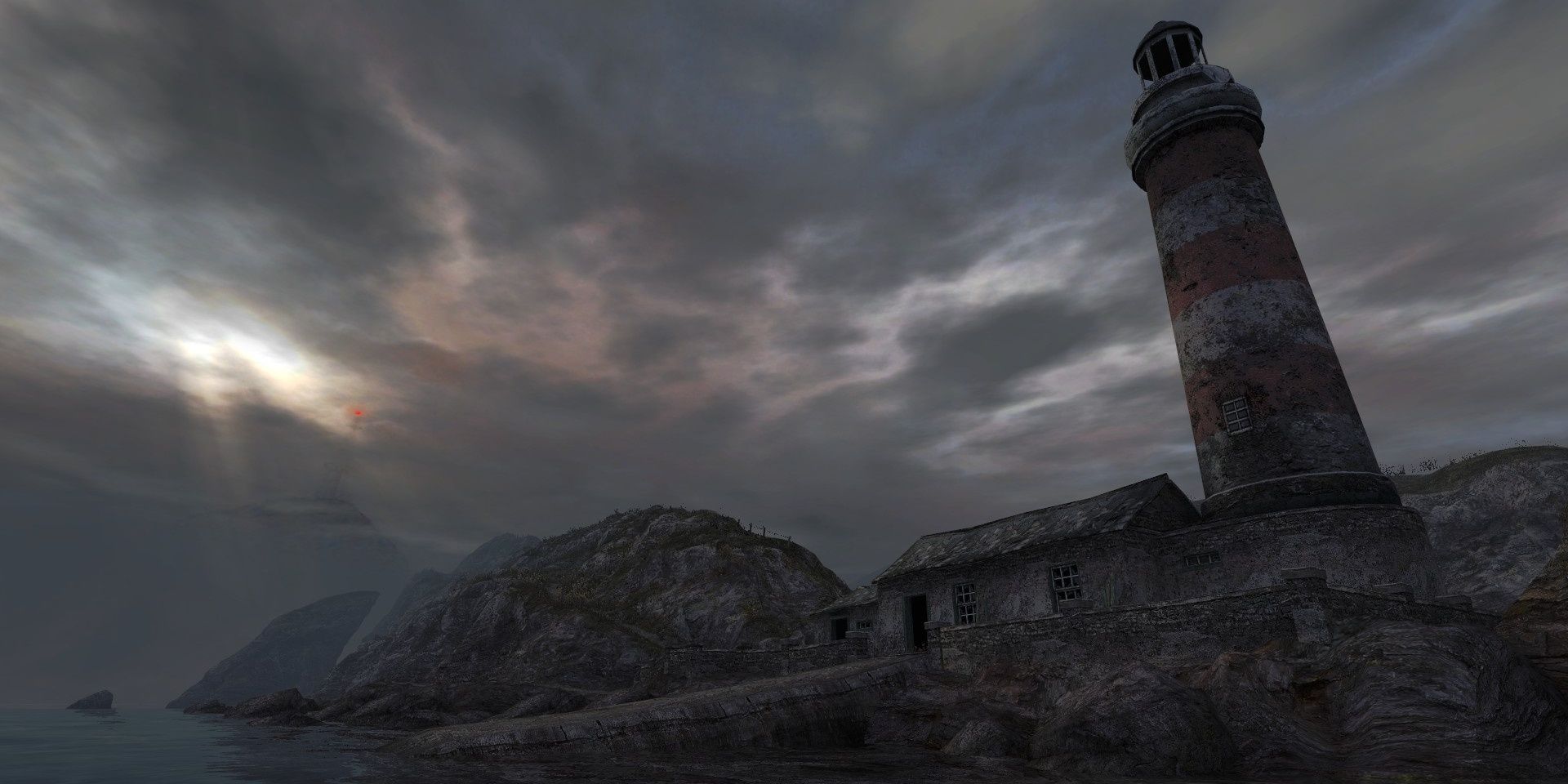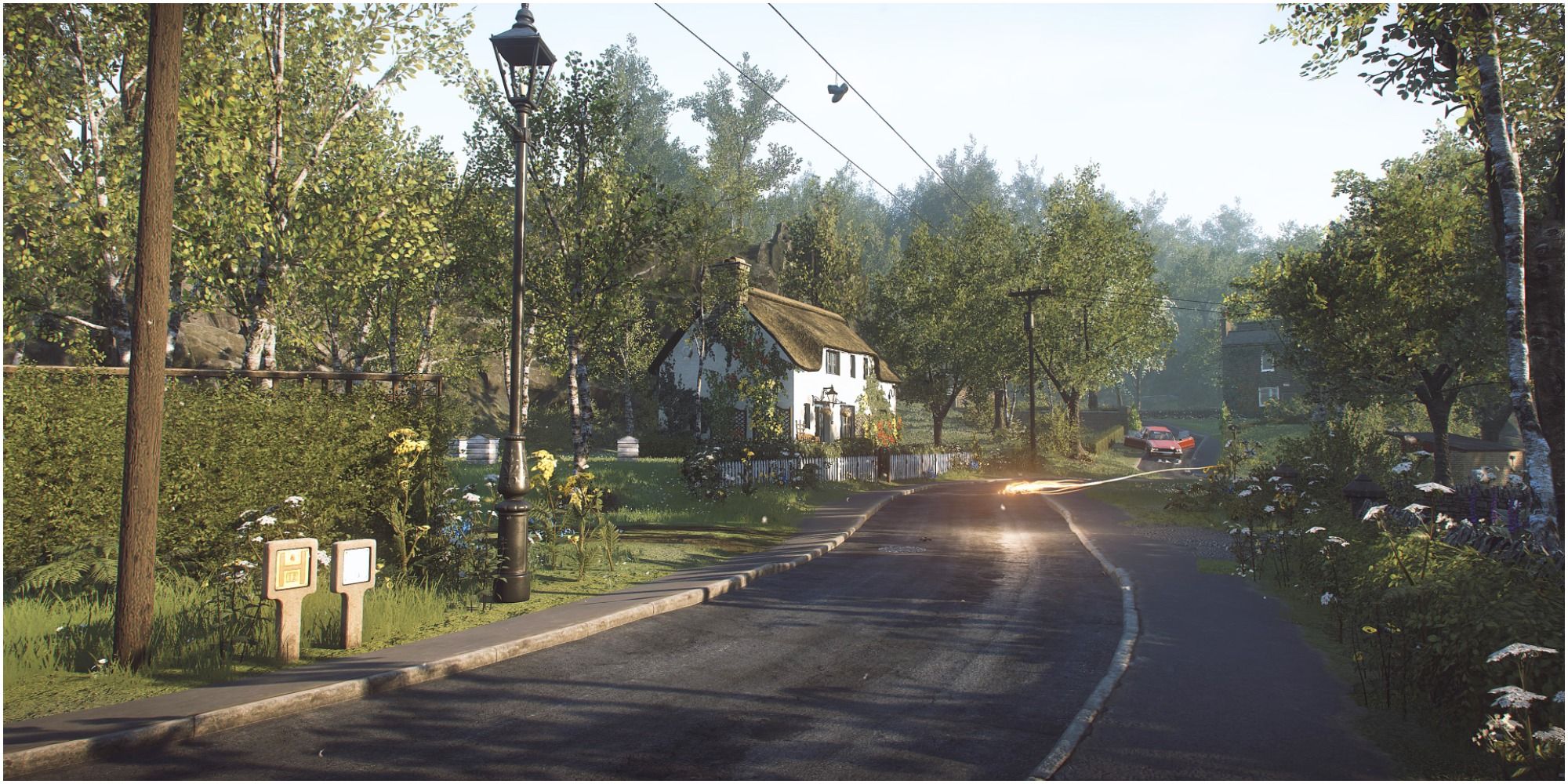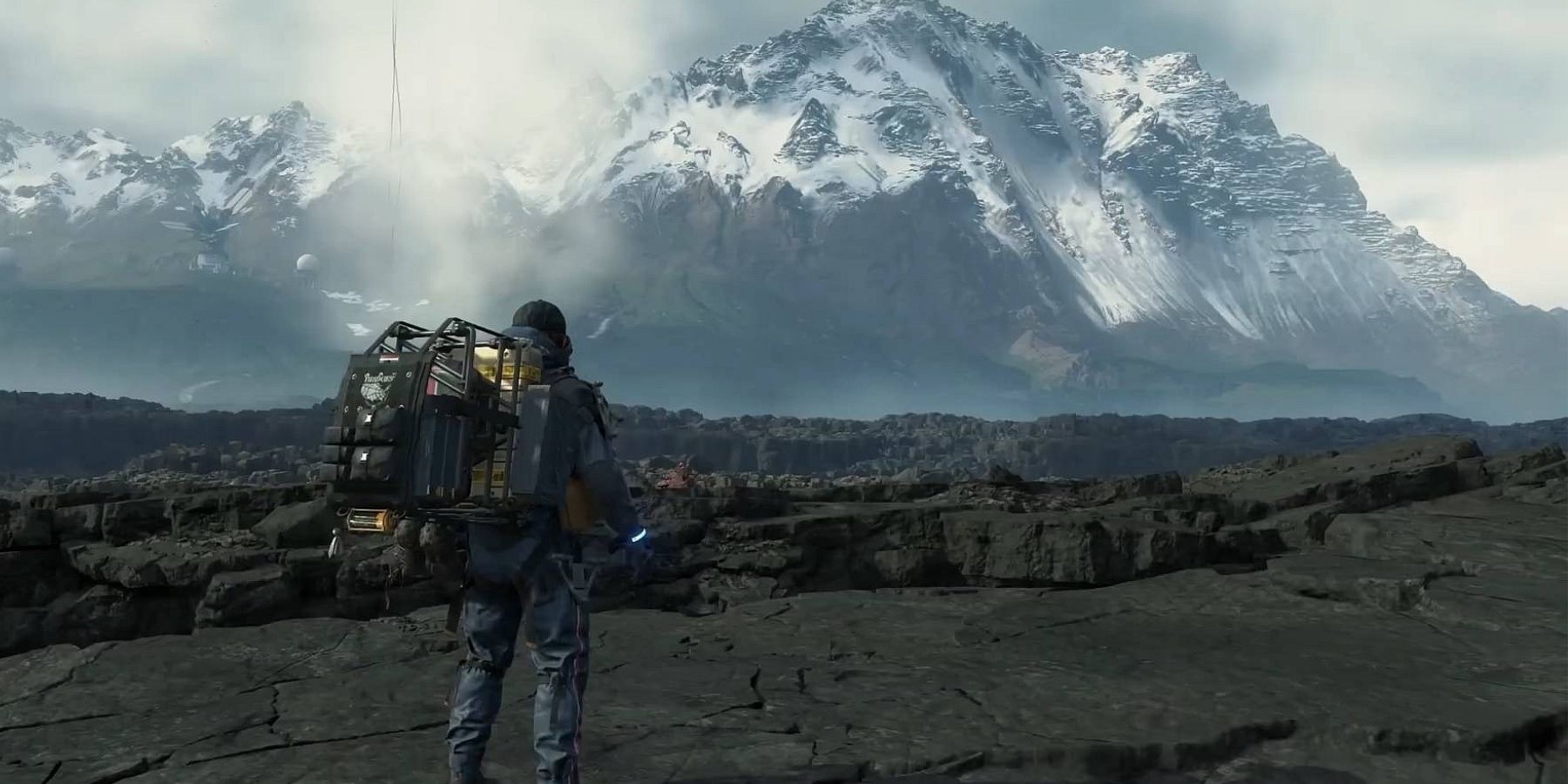Highlights
- Open-world walking simulators offer a unique and contemplative gaming experience that emphasizes exploration, immersion, and storytelling.
- Games like Journey, Firewatch, and Proteus provide players with serene and introspective experiences through atmospheric worlds, rich narratives, and emotional storytelling.
- These games challenge traditional notions of gameplay and provide a tranquil space for players to reflect, appreciate artistry, and connect with the stories being told.
Open-world walking simulators have emerged over the last decade as a distinct genre in the gaming medium, often providing players with a unique and contemplative experience. Unlike traditional games that rely on action or competition to move forwards, these simulators often emphasize exploration, immersion, and storytelling.
They can provide expansive, beautifully crafted environments for players to explore at their own pace, encouraging a sense of serenity and introspection. With minimal to no combat elements, open-world walking simulators immerse players in atmospheric worlds, rich narratives, and emotional experiences. Many of these games have managed to challenge the conventional notions of gameplay. Furthermore, they've offered a tranquil space for players to reflect, appreciate the artistry, and connect with the stories being told.
6 Journey Emphasizes The Walking Over Everything Else
Taking players deep into the heart of a vast desert, 2012's Journey boasts a uniquely minimalist approach to both gameplay and storytelling. Players take control of a robed figure and catch sight of a mysterious mountain looming large in the distance.
The absence of text or dialogue, while frustrating to players looking for a clear story, is effective in encouraging a more general sense of both exploration and interpretation, encouraging gamers to fill in their own narrative. The presence of online multiplayer also keeps things interesting, prompting players to often run into each other out in the atmospheric sands of the game's sparse setting. The effective aesthetics, coupled with a well-suited soundtrack and subtle storytelling make it one of the most intriguing walking simulator experiences out there.
5 Firewatch Takes Players On An Emotional Journey Into The Wilderness
Set deep in the Wyoming wilderness, this 2016 mystery thriller impressed players and critics alike with its immersive narrative and quick-witted dialogue. Another key aspect of Firewatch's acclaim was none other than its impressive, open-world exploration gameplay.
Players take control of Henry, a fire lookout navigating through a scenic, isolated landscape. Much of the game's plot unfolds through the player character's running dialogue with his supervisor, Delilah, developing a solid emotional connection in the process. With realistic environments, excellent voice acting, and an effective, mood-setting soundtrack, this walking simulator is an effective, atmospheric ride through a surprisingly introspective adventure game.
4 Proteus Is One Of The Most Relaxing, Exploration Games Out There
Released in 2013, Proteus offered players a low-intensity experience that emphasized the joys of the journey over the impact of the destination. Set on a procedurally generated island, the game is all about walking, providing an excellent but rather simplistic simulation.
Instead of any clear-cut plot lines or objectives, the game encourages players to simply enjoy the relaxation of exploration. Its slow-paced, meditative atmosphere is a perfect fit for players simply looking to chill out and enjoy a little downtime. For players more interested in being hooked by an absorbing story, Proteus is not ideal. Regardless, its vibrant, colorful graphics and welcoming atmosphere make it one of the more complete walking simulations out there.
3 Dear Esther Was A Key Release In Establishing The Walking Simulator Genre
Often credited with helping to popularize the walking simulator genre in the early 2010s, Dear Esther is an exploratory, slow-paced adventure. Set on an empty Hebridean island, the players explore whilst listening to a widower read out letters to his late wife Esther.
The stunning visuals, detailed designs, and immersive atmosphere make for an impressive piece of minimalist gaming. While the plot is almost non-existent beyond the readings, the fantastically rendered landscapes, dynamic uses of lighting, and the general intricacy of the open world's details all provide a sense of grounded realism rarely seen in more grand-scale video games. The non-linear exploration allows gamers to explore the island at their own pace, providing a relaxing sense of curiosity about the map on offer. Challenging the very foundations of what constitutes a video game, Dear Esther has proven to be a seminal release in the years since it first dropped.
2 Everybody's Gone To The Rapture
Widely praised for its breathtaking, meticulous take on the English countryside, this post-apocalyptic exploration game provides a thoughtful, atmospheric experience for players. Boasting an engaging narrative to complement the exploration on offer, the game is often considered a spiritual sequel of sorts to Dear Esther, which was also made by The Chinese Room.
As players explore the eery, post-apocalyptic terrain, a plot involving the uncovering of what happened to a now desolate town unfolds. Players can piece the story together through fragments of audio logs and memories. The intriguing storytelling, coupled with a haunting soundtrack courtesy of BAFTA winner Jessica Curry, provides Everybody's Gone To The Rapture with a clearer overall hook to grab players with compared to the sparser Dear Esther. Overall, this non-linear exploration gem is a masterclass in providing players with a low-pressure but still engrossing simulation experience.
1 Death Stranding Provides A Tense, Tactical Take On Walking Simulation
Legendary developer Hideo Kojima's first creation since splitting from Konami Digital Entertainment provided players a fascinating look at post-apocalyptic courier life. Far from the zany, fantastical hijinks of the Fallout: New Vegas courier's journey, Death Stranded offers players a gritty take on a grim future world.
A key reason behind Death Stranding's acclaim is its unique gameplay that focuses predominantly on traversal and exploration. Players must travel across a haunting, post-apocalyptic landscape as they deliver packages to isolated communities kept inside by a mysterious mass extinction threat. The game's emphasis on backpack management, balance, and navigation requires players to think strategically and adapt to a variety of hazardous terrains. With an emotionally engaging story on top of an atmospheric, haunting world to explore, Death Stranding is arguably the peak in open-world walking simulation.

